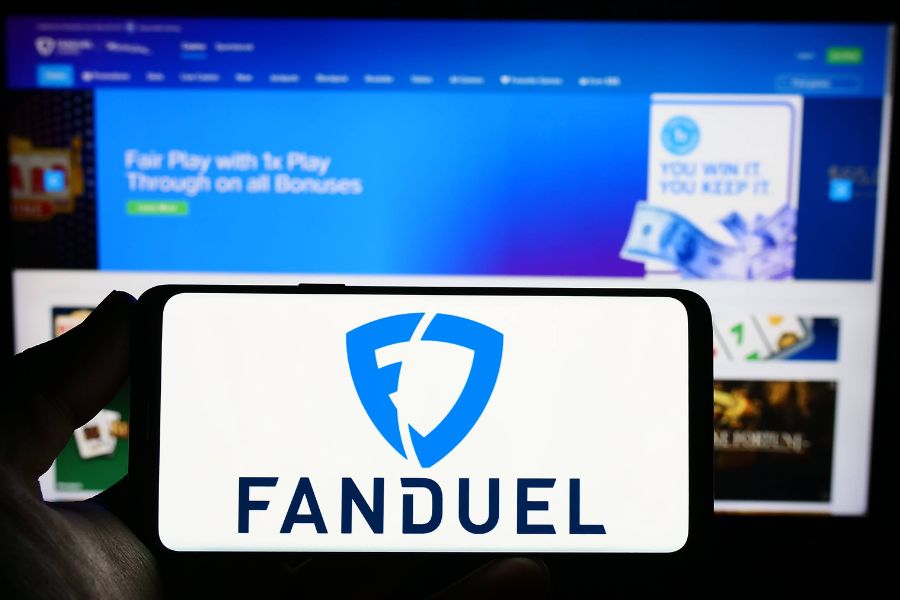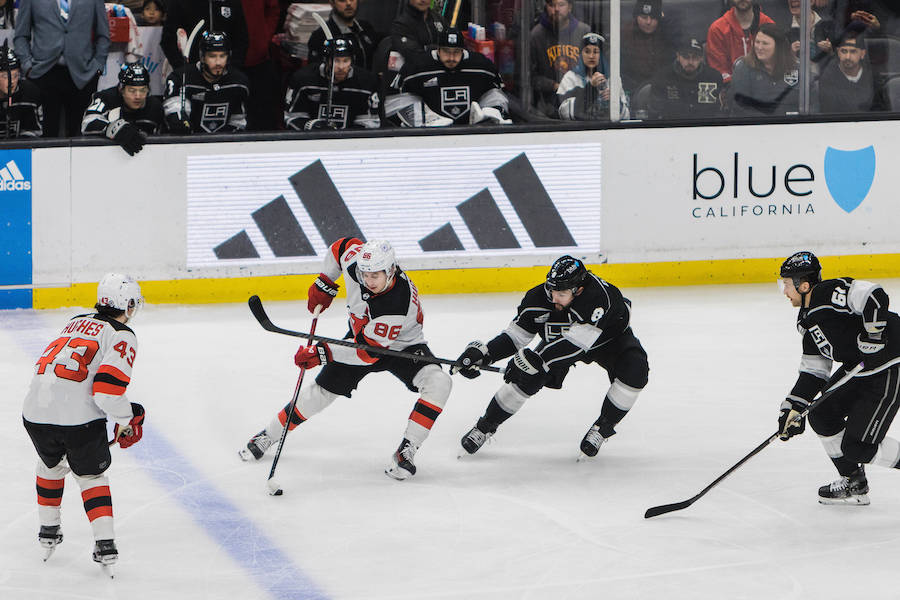But David Rebuck, the state’s chief regulator as Director of the New Jersey Division of Gaming Enforcement, chuckled recently as he recalled that after the U.S. Supreme Court heard oral argument in this sports betting saga back in December 2017, then-Gov. Chris Christie had predicted an even more aggressive timeline should the state win the case.
Rebuck said he and colleagues such as state Attorney General Chris Porrino and state Senate President Stephen Sweeney were “very pleased” at how nationally-renowned attorney Ted Olson had presented the state’s case to the nine Supreme Court Justices.
“Once we got out and walked outside on the steps, some people came up to us who weren’t [from New Jersey] came up to us and congratulated us,” Rebuck said. “Some of the people I respected a lot and maybe weren’t even on our side, I felt they were being truthful and not just trying to gain favor with us.
“What makes me laugh to this day is when the Governor and Ted Olson were doing a press conference just then, the question was raised to the Governor that if the Court rules in your favor, when could we expect the first bet to be made? The Governor, without missing a beat, said, ‘Two weeks.’ I looked at Senator Sweeney and said, ‘We’ve got a lot of work to do. Two weeks?'”
But there were two compelling reasons for state regulators to get busy in anticipation of a ruling that seemed, to many, to be nearly guaranteed to go in the state’s favor.
A Stunning Reversal
First, in May 2017, the Supreme Court – which had more than 100 cases on its potential docket – rejected nearly all of them while extending a special status to only one.
That’s how the New Jersey sports betting case wound up under review by the office of the U.S. Solicitor General – sometimes called “The Tenth Justice” due to the close collaboration between the two entities.
With the previous 20 recommendations over several years by the Solicitor General’s office either for the Court to take on a case or reject it all being accepted by the Supreme Court, that decision seemed to be the deciding factor.
So when the Solicitor General recommended against the Court reviewing any of the various lower-court sports betting decisions, it seemed as if the legal tussle that had begun in 2012 was finally about to end.
Instead, the Court surprisingly elected to take the case anyway – a strong hint of how the Court was leaning, toward its ultimate 6-3 vote.
“When they decided to take the case anyway, we knew we were in,” said former New Jersey state Senator Ray Lesniak, who became the second person in New Jersey to make a bet in June 2018 – a winning one on France to win the World Cup, turning $50 into $275.
Lesniak had backed sports betting in the state for almost a decade before the Court’s ruling made those efforts pay off.
A Dream Hearing For New Jersey
The other key date was that December 2017 hearing, when Rebuck and others who were in the courtroom saw the obvious skepticism expressed by various Justices about the case made by attorneys for the U.S. Department of Justice and five significant sports organizations (including the NFL) seeking to maintain the 25-year-old Professional and Amateur Sports Protection Act of 1992
Chief Justice John Roberts, for example, took on the claim by Deputy Solicitor General Jeffrey Wall that there was no unconstitutional “commandeering” by the federal government because PASPA does not force states to maintain any gambling laws.
“Is that serious?” Roberts asked of Wall. “You have no problem if there’s no prohibition at all and anybody can engage in any kind of gambling they want? A 12-year-old can come into the casino and …? You’re not serious about that.”
Only two months later, in February 2018, Rebuck pointedly informed sports betting operators in the audience at a gaming conference in London: “Don’t sit back and wait for the regulations. If you sit and wait, you will be left behind.”
Monmouth Park operator Dennis Drazin, who also is an attorney and whose racetrack maintained “amicus” standing in the case, recalled that after he heard that oral argument, he immediately accelerated construction on a sportsbook at his thoroughbred track – he was that certain of victory.
So while the Supreme Court’s ruling five years ago created an enormous amount of attention in the gaming industry both nationally and internationally – given how many foreign companies were eager to get in on the U.S. market – to the “insiders” in New Jersey, the result already was a foregone conclusion.






